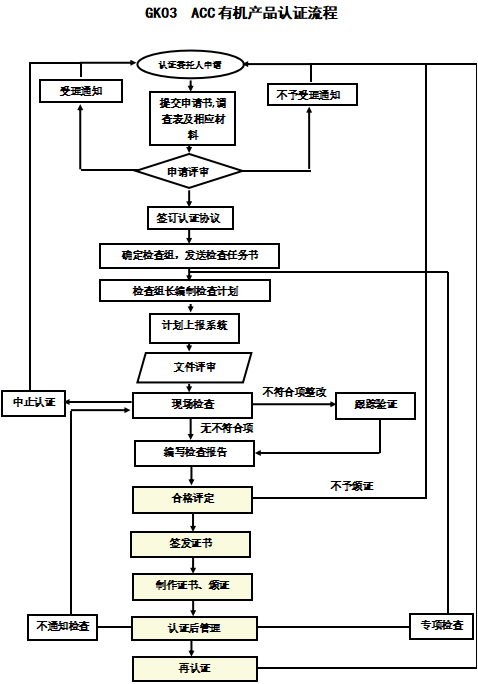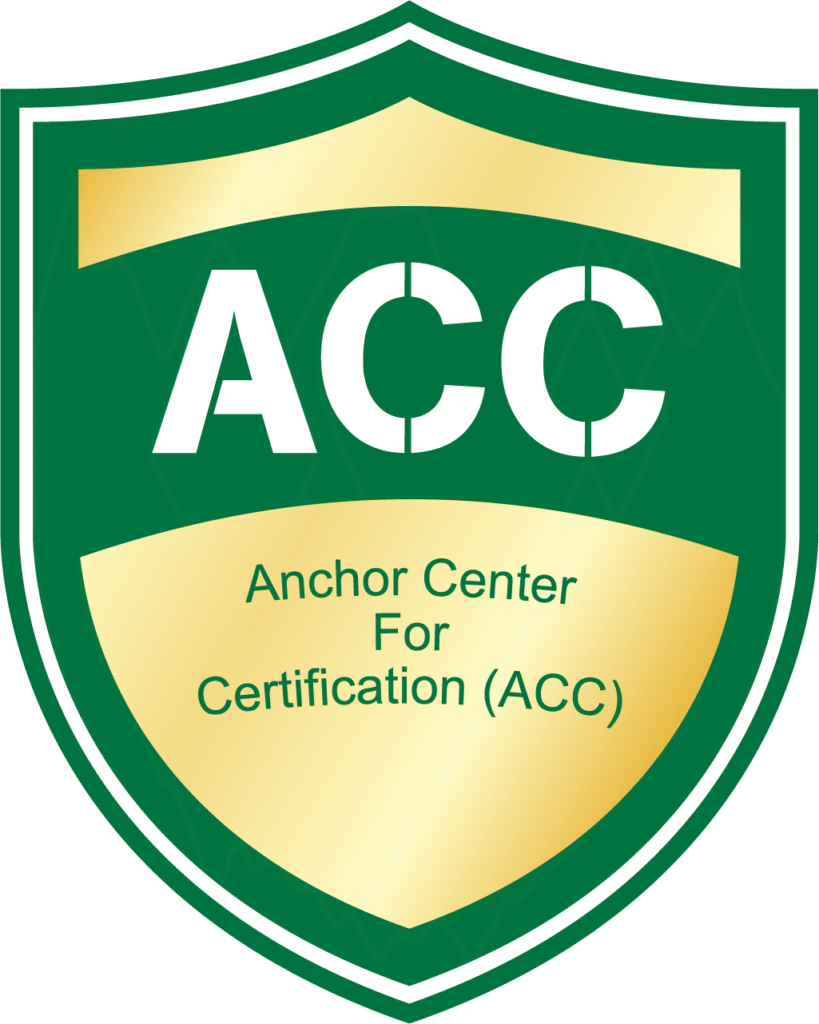Organic Product Certification
What is an Organic Product
Organic products refer to products for human consumption and animal feed that are produced and processed organically.
Organic Production:
Following specific production principles, this agricultural production method does not use organisms and their products obtained through genetic engineering, nor does it use chemically synthesized pesticides, fertilizers, growth regulators, feed additives, etc. It follows natural laws and ecological principles to balance planting and breeding, maintaining a sustainable and stable production system.
Organic Processing:
This processing method primarily uses organic ingredients, avoids organisms and their products obtained through genetic engineering during processing, minimizes the use of chemically synthesized additives, processing aids, dyes, etc., and maximizes the retention of the product’s nutritional content and/or original attributes.
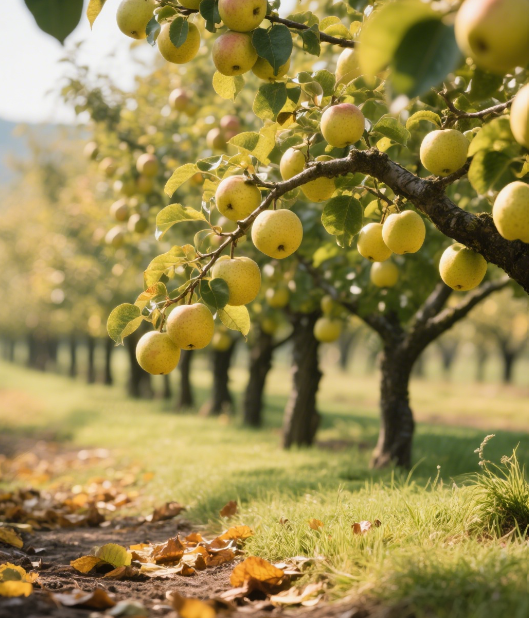
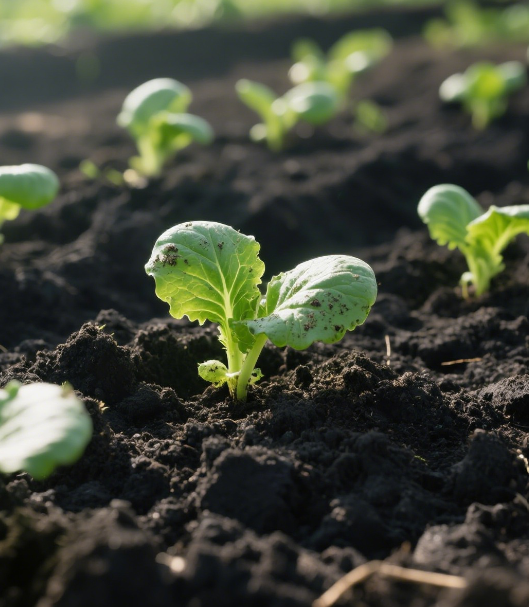
Why Certify Organic Products?
—— From farm to table, every step is trustworthy
Organic products strictly prohibit pesticides, fertilizers, and GMOs, allowing consumers to eat with peace of mind and make informed choices.
—— A sustainable agricultural production method
Organic agriculture follows natural laws in production, protects the soil, and conserves biodiversity, making it a sustainable agricultural production method.
—— Third-party certification, authoritative accreditation
Third-party organizations conduct supervision and inspection + organic product labels “one product, one code” traceability, helping brands establish an image of “health and responsibility”.
Basis for Organic Product Certification
GB/T 19630 “Requirements for Organic Product Production, Processing, Labeling, and Management System”
CNCA-N-009:2019 “Rules for the Implementation of Organic Product Certification”
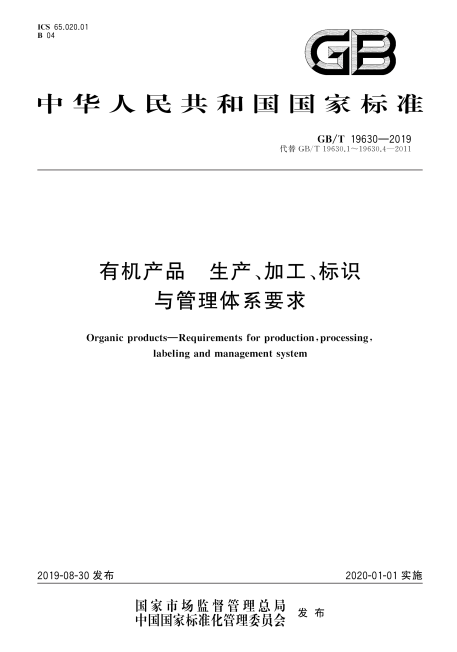

Organic Product Certification Process
